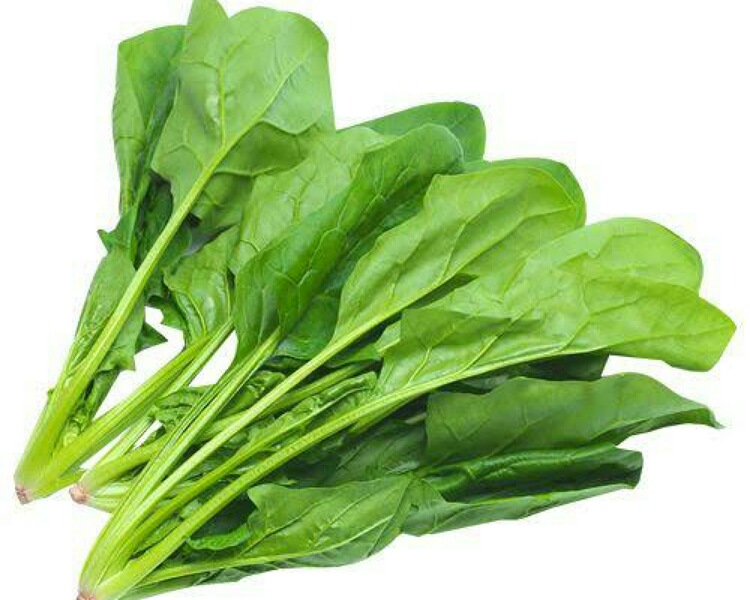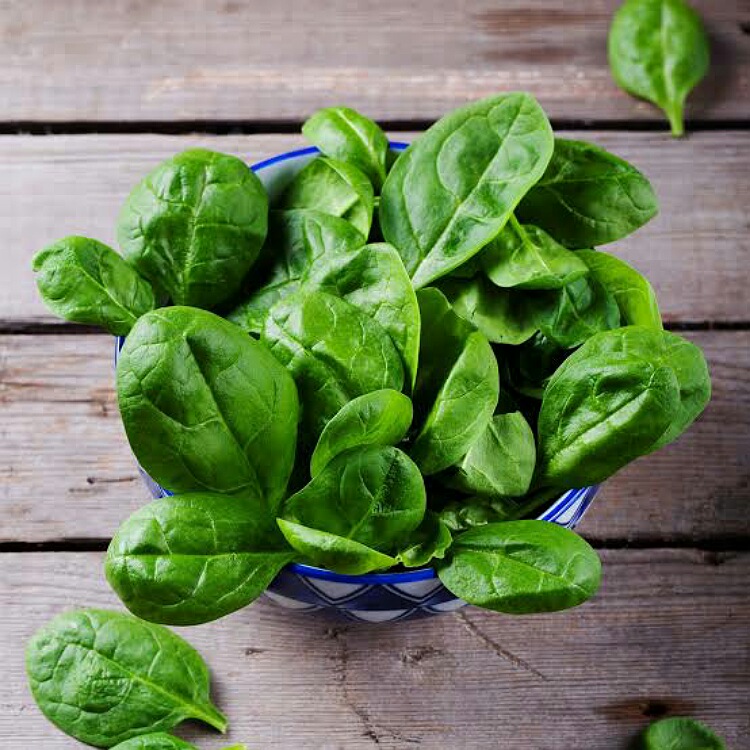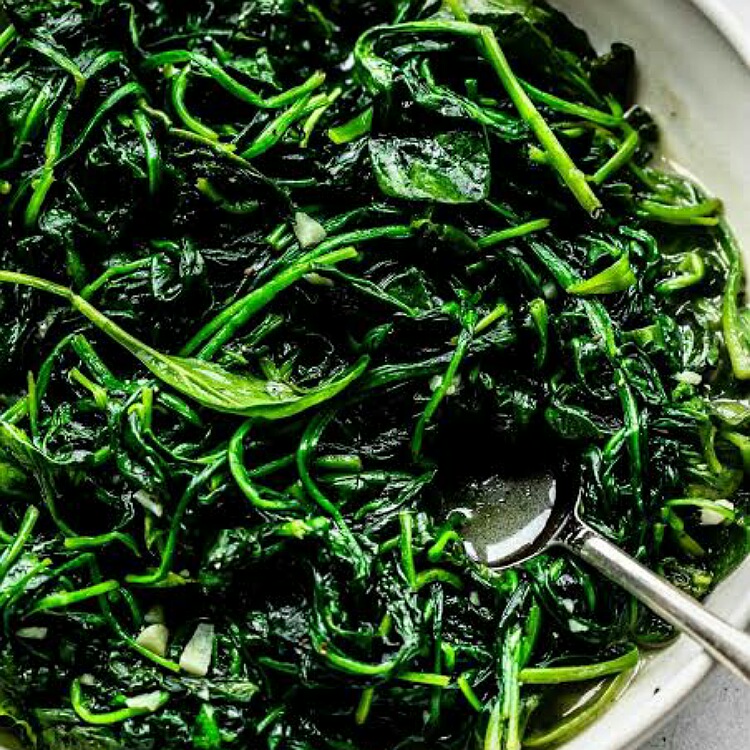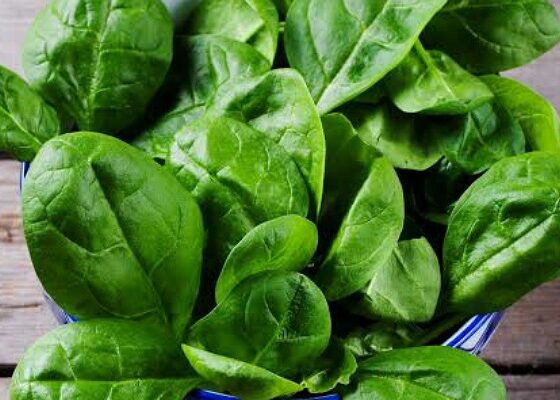Are you often troubled with digestive issues? Or are you the one who aims to maintain a healthy gut always? Foods play a major role here. And gastroenterologists agree that the one vegetable that is good to ease the gut woes and maintain its health is spinach.
Spinach and the healthy gut
Often, people complain of gut and digestion issues such as abdominal cramps, pain, bloating, nausea, vomiting and bowel problems.

All these complaints suggest that the person does not have a healthy gut. Health of the gut suffers due to many reasons. But faulty eating is majorly responsible for it. And to set it right, one needs to have a proper diet. Gastroenterologists agree that the one vegetable that gives you gut health is spinach, the green leafy vegetable that is available worldwide.
Nutritive value and benefits
Spinach is packed with nutrients. It helps weight management, improves gut health, is antioxidant, and is anti-inflammatory. It has dietary fiber, antioxidants, vitamins and minerals. Gastroenterologist, Sarah Robbins, says:
“Spinach is always my first choice as the best vegetable for gut health,”
She continued:
“Not only is it readily available in grocery stores, reasonably priced, versatile and convenient, this leafy green is densely packed with fiber and other nutrients that support gut and overall health.”
Source of fiber
Fiber regulates bowel movements. It prevents constipation and this reduces chances of bowel cancer. Sarah explains:
“The daily recommended fiber intake suggests that adults aim for [around] 30 grams of fiber daily, and spinach is a great way to fill that requirement. 100 grams of raw spinach has approximately 2.2 grams of fiber, and 100 grams of cooked spinach has 2.4 grams of fiber,”

Board-certified doctor Supriya Rao, says:
“Because of the high fiber content, spinach is known to promote bowel regularity, which aids in preventing constipation and potentially eliminating other digestive issues,”
“Spinach contains prebiotic fibers, which can help to feed the good bacteria in our gut, resulting in more solid and frequent stools. In addition, high-fiber vegetables aid in reducing chronic inflammation. Inflammation is linked to a wide range of digestive problems.”
“Therefore, by eliminating inflammation, you can eliminate constipation.”
Antioxidant rich
Spinach has several antioxidants such as vitamin A, C, E, and flavonoids. These are able to scavenge the free radicals or reactive oxygen species or ROS that are unstable and lead to cancer and chronic diseases of the body. Thus, spinach can decrease risk of these chronic ailments. It also lessens gut inflammation.
Vitamins and minerals
These leaves have vitamin A for vision and healthy respiratory tract, vitamin K for bone health and clotting mechanism of blood, iron for heme production, and magnesium for nervous system and muscular system.
Read here: What is low-FODMAP diet? Uses, success rate, diet plan, and dangers!

Low in FODMAPs
The full form of FODMAPs is fermentable oligosaccharides, disaccharides, monosaccharides and polyols. These are carbs that are hard to digest especially by some individuals. Hence, foods rich in FODMAPs give them digestive distress. Luckily, spinach is low in FODMAPs. Hence, it is a good food choice for those with irritable bowel syndrome and such intestinal issues.
